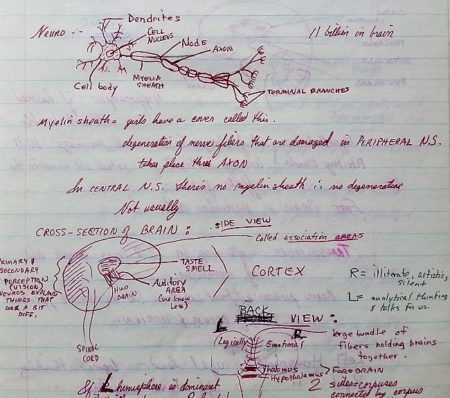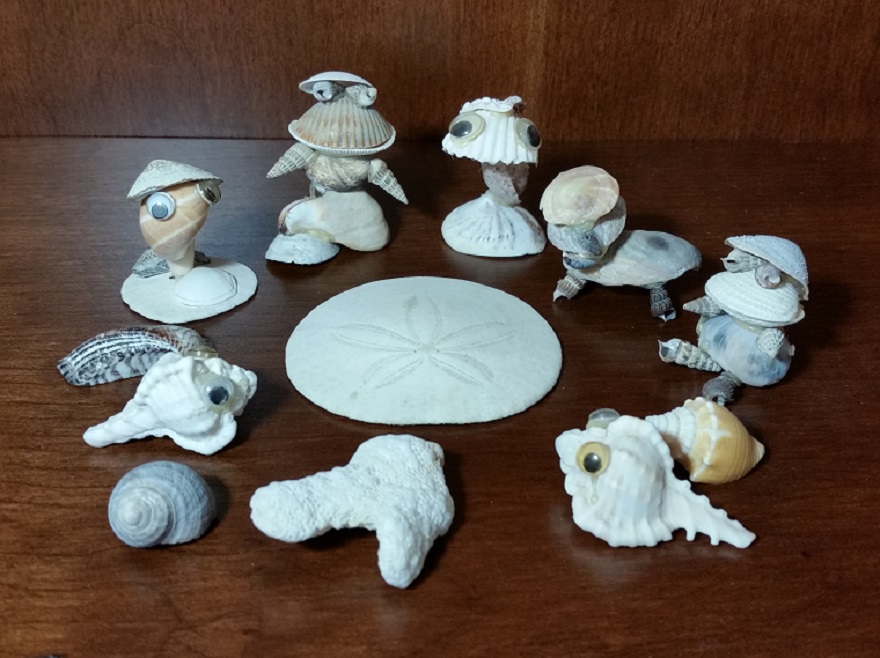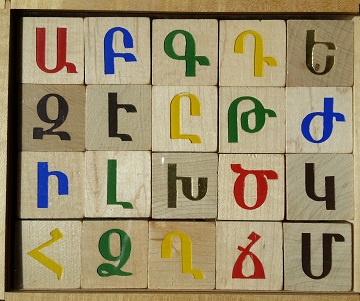Twenty-two years ago, I devoured anything I could learn about the brain. I tried to understand what was happening to my father’s mind / brain as he lived with Alzheimer’s. I remain fascinated by the brain. We’re learning so much about the computer in our head – far more than my initial ill-fated introduction to the brain 40 years ago.
All About the Brain
 In 1978, I took a college course in psychology. I wanted to become a psychologist. I had just turned 19, the year after teenagers know it all. The professor initially focused on the brain’s structure and function; whereas, I wanted to learn about mental states, emotions, and human interactions. Soon, I grew bored and gave up the idea of a career in psychology. Of course, this was the same professor who instructed students to print their name at the top of one of his exams. I don’t recall the details except that some did and received an A. The rest of us were either too naive or didn’t take him literally as we slogged through the questions.
In 1978, I took a college course in psychology. I wanted to become a psychologist. I had just turned 19, the year after teenagers know it all. The professor initially focused on the brain’s structure and function; whereas, I wanted to learn about mental states, emotions, and human interactions. Soon, I grew bored and gave up the idea of a career in psychology. Of course, this was the same professor who instructed students to print their name at the top of one of his exams. I don’t recall the details except that some did and received an A. The rest of us were either too naive or didn’t take him literally as we slogged through the questions.
When I came across this article, This Is Where Your Childhood Memories Went, I mused about our malleable memories.
Through her pioneering research, Elizabeth Loftus of the University of California, Irvine has demonstrated that our earliest memories in particular are often insoluble blends of genuine recollections, narratives we sponged up from others, and imaginary scenes dreamt up by the subconscious.
I believe certain memories never go away, such as the people with dementia featured in our VOICES with Dementia column. Almost every one vividly recalls the details of being diagnosed.
Other memories retreat. For the life of me, I can’t recall the Russian letters of the alphabet my friend and I used to write notes to one another in middle school. I sometimes wonder, did it even happen? How could I totally forget? Years ago, I retrieved sheets of piano compositions I notated (by hand) in my late teens and early adulthood. I could no longer play what I had written.
What do I remember?
Struggling to Tell the Difference between English and Armenian Words
 English is my second language. We spoke mostly Armenian while I was a child. I remember struggling to choose the right word for either language. Back then there was no effort toward political correctness. Simply put, bilingualism was frowned upon among the mostly fair-haired fair-skinned Midwesterners.
English is my second language. We spoke mostly Armenian while I was a child. I remember struggling to choose the right word for either language. Back then there was no effort toward political correctness. Simply put, bilingualism was frowned upon among the mostly fair-haired fair-skinned Midwesterners.
“Are you black?”
In the fourth grade, girls circled me on the playground during recess. One curiously touched my forearm and then my hair. My skin was darker and my black hair, curlier than it is today. I stuck out among the mostly Aryan-looking students. She asked, “Are you black?” Since then, I’ve been identified as East Indian, Jewish, Italian, and Mexican.
Preferring to Crawl
I vividly remember learning to walk after my first birthday. It was so much easier and faster on all fours. Standing up to put one foot in front of the other while balancing was slowing me down! What I don’t recall is the person who told me those pivotal words to get me up and walking. I no longer recall the words, but I do remember their meaning: Yes, you can get around quickly on all fours, but do you want to grow up and talk with people from the floor? That motivated me to get up. I leaned on or grabbed onto anything to keep from falling, from the gray child’s chair (I think it was green back then and I still have it) to the radiator in the living room. I even grabbed onto the oak muntin between the panes of glass on the French doors leading from the foyer to the living room.
I muse upon three questions.
With all these recollections – some vivid, others not, what do we make of our pliable memories?
What does what we know about our memories say about centuries of oral traditions passed down as fact?
If people without dementia (PWoDs) have malleable memories, what does this say about people with dementia (PwDs) caused, for example, by Alzheimer’s?









I recently wrote and published a book about my 17 years as a caretaker for my mother who had Dementia and Alzheimers. This book will teach you how to see the beginning signs of Alzheimers, how to become a better caretaker, and how to deal with the the stress of taking care of your loved one. Please connect to this link to order your book. You will find this compelling story on Amazon Books at https://www.amazon.com/17-Years-Caretaker-Alzheimers-Good/dp/1987732480
At portion of the proceeds of this book will go to Alzheimer’s disease research.
Thank you, Dee, for sharing, Xavier Bey’s book to help shed light on caring for a loved one with Alzheimer’s.